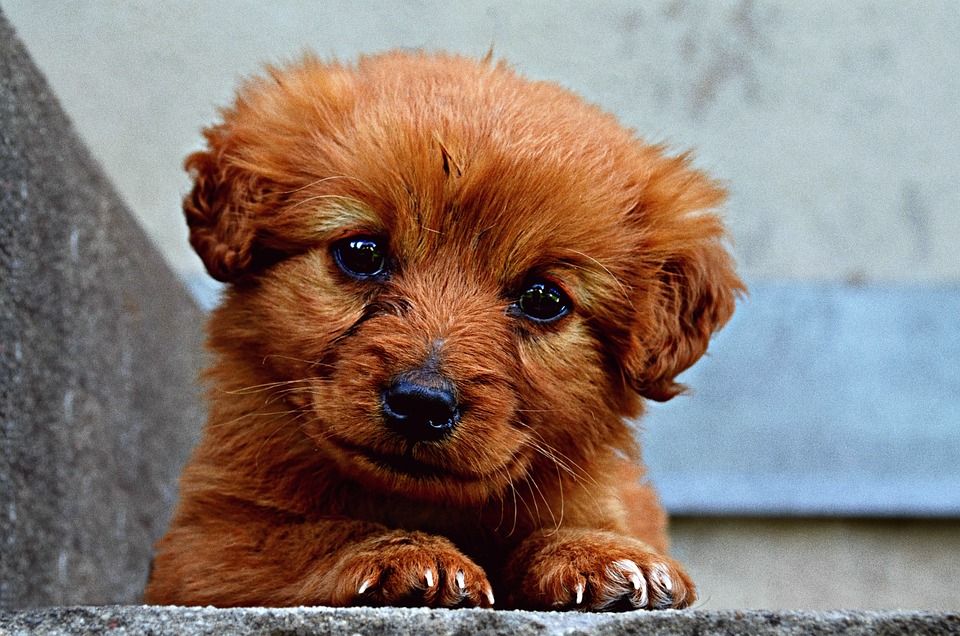Preparing and Handling Your Dog’s Meals Safely
Introduction:
Proper meal preparation and handling are crucial for your dog’s health and well-being. Following guidelines to ensure food safety can prevent potential health risks. In this article, we will discuss the importance of dog care, preparing dog meals, and handling dog food safely.
1. Understanding Your Dog’s Nutritional Needs:
A balanced diet is essential for dogs to maintain optimal health. Dogs require specific nutrients, such as proteins, carbohydrates, fats, vitamins, and minerals. These can be obtained from high-quality dog food, which should be portion-controlled to avoid overfeeding.
2. Choosing the Right Ingredients:
When selecting dog food, it is important to prioritize high-quality ingredients. Reading labels and avoiding harmful additives is crucial. Additionally, specific dietary requirements may vary based on breed, age, and any existing health conditions.
3. Food Preparation Best Practices:
Maintaining a clean and sanitized kitchen environment is vital when preparing your dog’s meals. Cooking surfaces and utensils should be regularly cleaned and disinfected. Proper hand hygiene should be practiced before and after handling dog food. It is also important to note the potential risks associated with raw food diets and take necessary precautions.
4. Safe Food Storage:
Proper food storage techniques are crucial to maintaining the freshness of dog food and preventing contamination. Airtight containers should be used, and dog food should be stored in a cool and dry place. Refrigeration is recommended for opened cans or moist dog food. It is important to rotate food supplies and avoid using expired products.
5. Feeding Time Hygiene:
Regularly washing food and water bowls is essential to prevent the buildup of bacteria. It is important to use separate utensils for dog food and human food to avoid cross-contamination. Feeding dogs from the table or sharing human food can be dangerous and should be avoided.
6. FAQs Section:
Q1: Can I feed my dog a raw food diet?
A: Raw food diets can be risky due to the potential for bacterial contamination. Consult with a veterinarian before considering this diet.
Q2: How often should I wash my dog’s food and water bowls?
A: Food and water bowls should be washed daily with hot, soapy water to prevent bacteria growth.
Q3: Can I store dog food in plastic bags?
A: It is recommended to use airtight containers designed for pet food storage to maintain freshness and prevent contamination.
Q4: Is it safe to allow my dog to eat leftovers from my plate?
A: Sharing human food with dogs can lead to digestive issues and potential toxicity. It is best to stick to a balanced dog food diet.
Q5: What are the signs of food poisoning in dogs?
A: Signs of food poisoning in dogs may include vomiting, diarrhea, abdominal pain, and loss of appetite. Contact a veterinarian if these symptoms occur.
Conclusion:
Proper meal preparation and handling are vital for your dog’s health. By understanding your dog’s nutritional needs, choosing the right ingredients, practicing food preparation best practices, ensuring safe food storage, and maintaining feeding time hygiene, you can help prevent potential health risks. Remember to consult with a veterinarian for specific dietary concerns or issues. Prioritizing your dog’s health and well-being is essential for a happy and healthy furry companion.









